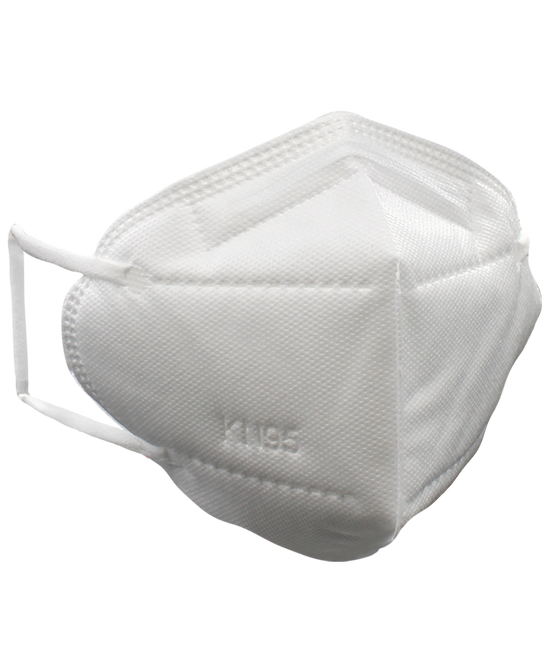Wash n'Wear
 |
"It's good news for sustainability. That cotton mask that you have been washing, drying and reusing? It's probably still fine -- don't throw it away.""We were really bothered during the beginning of the pandemic, when going out on a hike or going downtown, and seeing all these disposable masks littering the environment.""We're assuming there are no gaps between the mask material and the person's face.""I think the best mask might be the one that you're actually going to wear. And that is going to fit snugly against your face without being too uncomfortable."Marina Vance, assistant professor, Paul M.Rady Department of Mechanical Engineering, University of Colorado Boulder
Published in the journal Aerosol and Air Quality Research, a new study concludes that cotton masks -- admittedly not as effective as surgical masks in filtering out viral particles -- still are useful for the task at hand, and certainly are more environmentally friendly. After an experimental 'laboratory-year' of washing and drying cloth squares in lieu of cloth masks, it was established that this care doesn't diminish their effectiveness.
Since the beginning of the global pandemic an estimated 7,200 tons of medical waste is generated daily, the majority comprised of disposable marks. Presumably in America alone. As a faculty member of the university's environmental engineering program, Dr.Vance leaped at the opportunity to collaborate with scientists from the National Renewable Energy Laboratory, testing the longevity of cloth masks.
A series of double-layered cotton squares created for the purpose of testing durability of cloth masks were washed and dried up to 52 times each, representing the equivalent of doing so weekly for the space of a year -- and then analyzed for effectiveness every seven cycles. The masks were subjected to real-world situations in the absence of being tested with human subjects, through being mounted on the end of a steel funnel exposed to a controlled flow of particles circulating in the air, including altered humidity and temperature changes simulating the breathing effect.
 |
After that number of washings, the cotton fibres were seen to have degraded, reflecting repeated washing cycles, but the wear and tear was not found to significantly diminish filtration capacity of the fabric. One change that was detected was a resistance increase in inhalation properties as the masks became more difficult to breathe through, over the course of the study.
The capacity of the masks to filtrate properly rested on their fit, leading to their guarding against airborne particles remaining effective over time. A poor-fitting mask was found in previous studies to admit up to 50 percent of airborne particles, including the virus. Reusable cotton was found to filter out up to 23 percent of the smallest particles (0.3 microns) on which the COVID-19 virus can travel, on being inhaled.
In contrast, surgical masks filtered out between 42 and 88 percent of particles. KN95 and N95 masks were seen to effectively stop 83 to 99 percent of particles The use of cotton on top of a surgical mask reflects a 40 percent filtration effectiveness. Dr.Vance pointed out other issues such as comfort, affordability and reusability as factors to be considered in making decisions on mask wear. And that ultimately masks should be worn, irrespective of the type, to achieve protection from the SARS-CoV-2 virus.
Now some brilliant scientific minds should undertake a study -- or a series of them, if necessary -- to determine why it is that the public carelessly, heedlessly, tosses away used disposable face masks rather than disposing of them properly. Presumably they are discarded because they've served their purpose; to protect the wearer against contracting COVID, and protecting others from being infected by a wearer who is carrying an undetected virus load, so they would be contaminated and yet remain in the public sphere....

Labels: Comfort, Cotton Versus Disposable Masks, COVID-19, Efficacy, Environment, Reusability, Wearability

0 Comments:
Post a Comment
<< Home